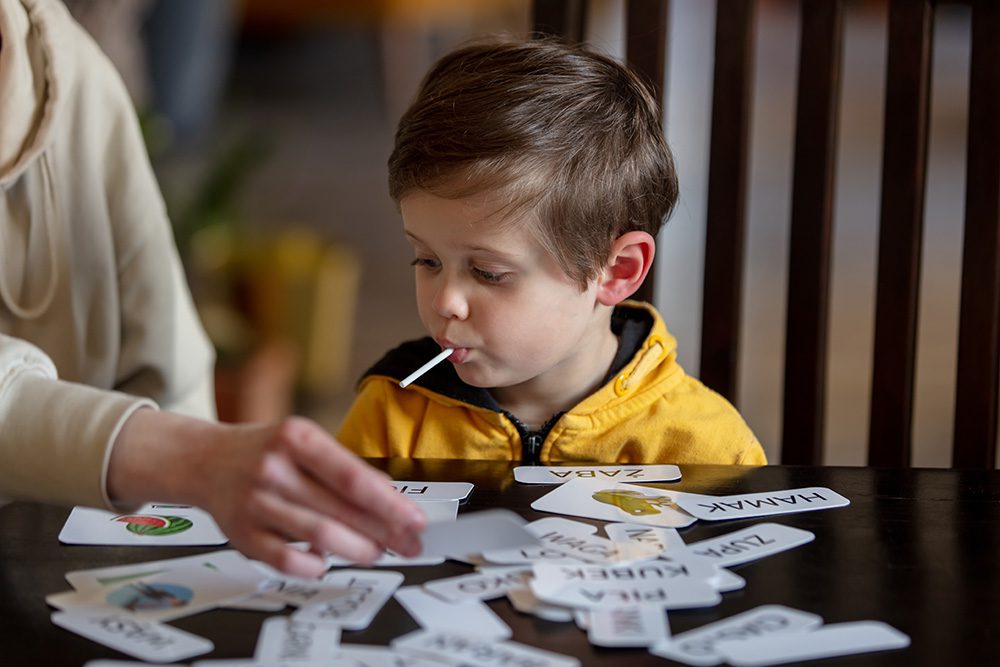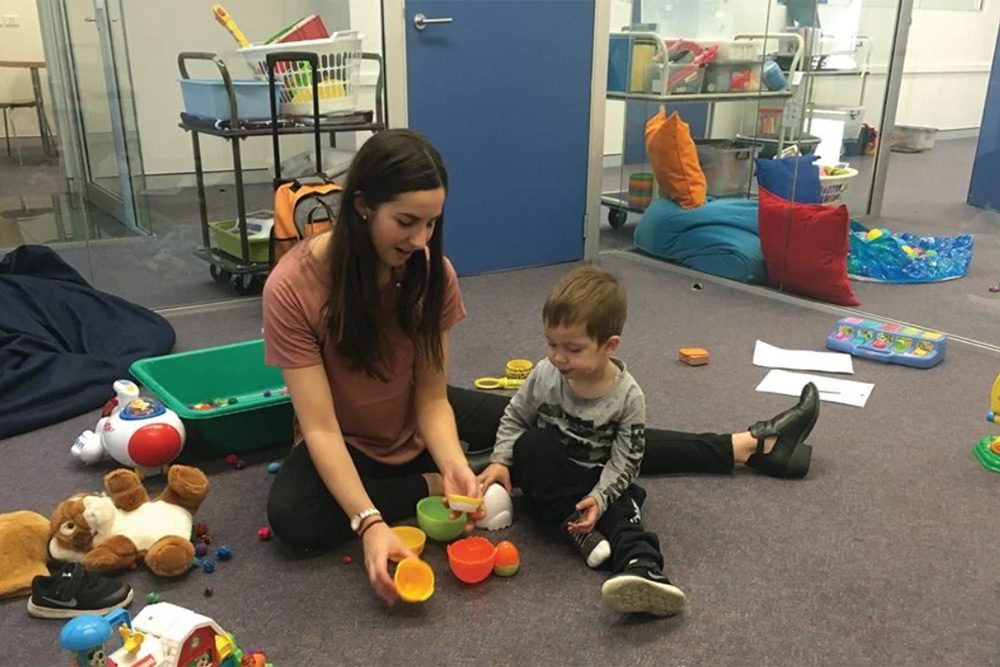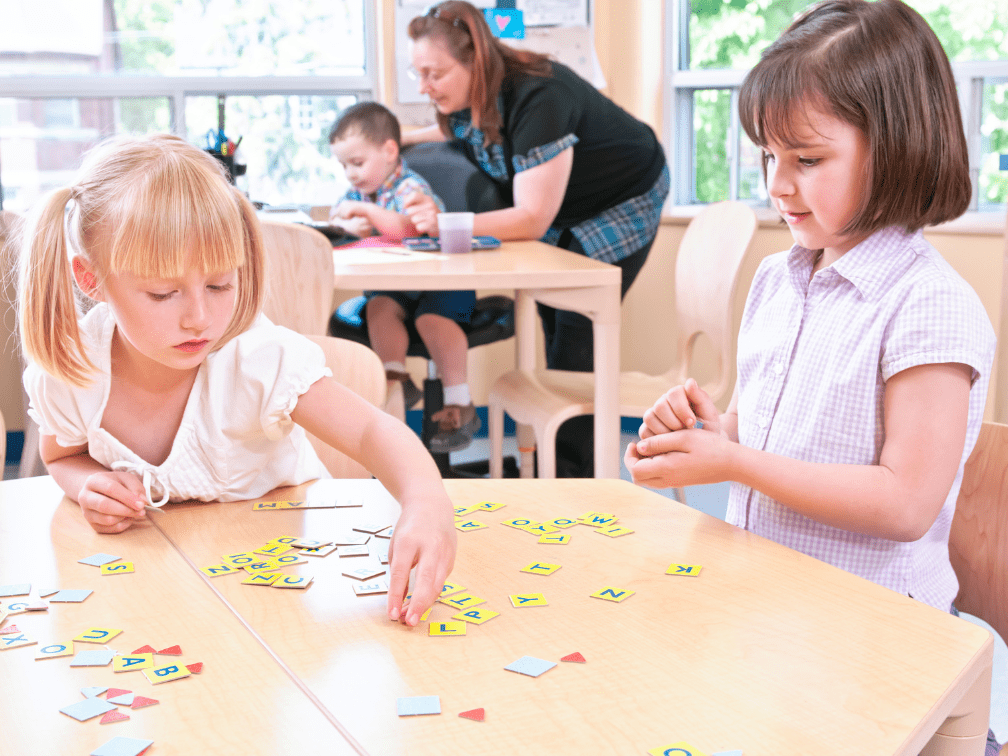Global Developmental Delay Vs. Autism, Understanding the Differences and Similarities

Published On : July 5, 2022
Read more
Published On : September 18, 2022
After 7 years working at the Lizard Centre, Anna, a behaviour support specialist reflects on what she loves the most about her role.
Published On : October 31, 2022
If you are concerned about your child’s development, you should speak to a professional early.


